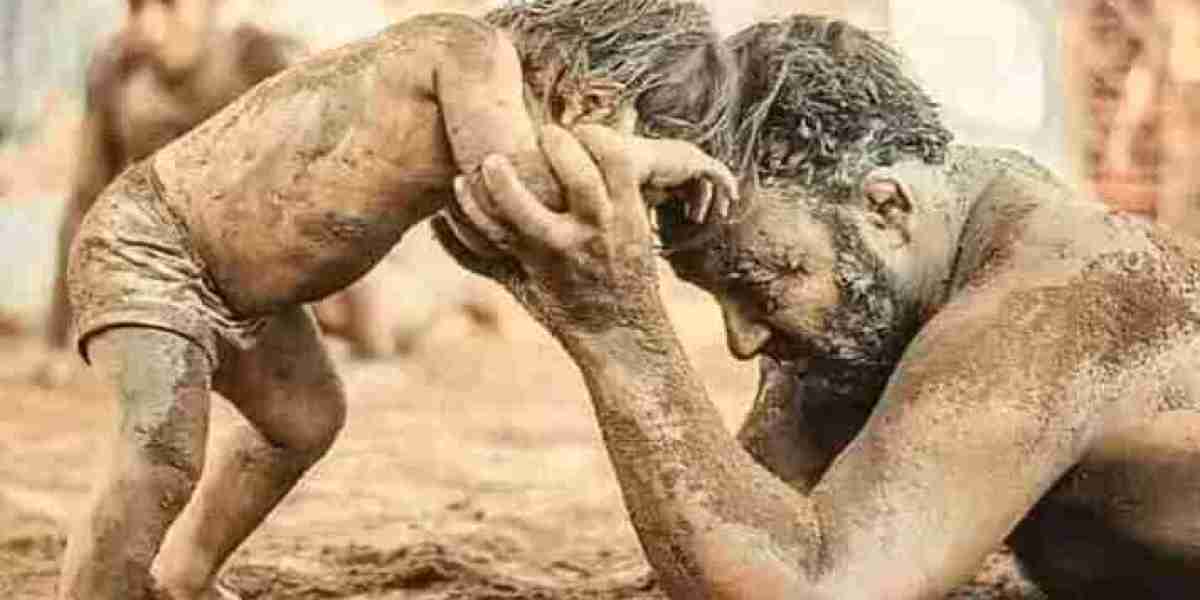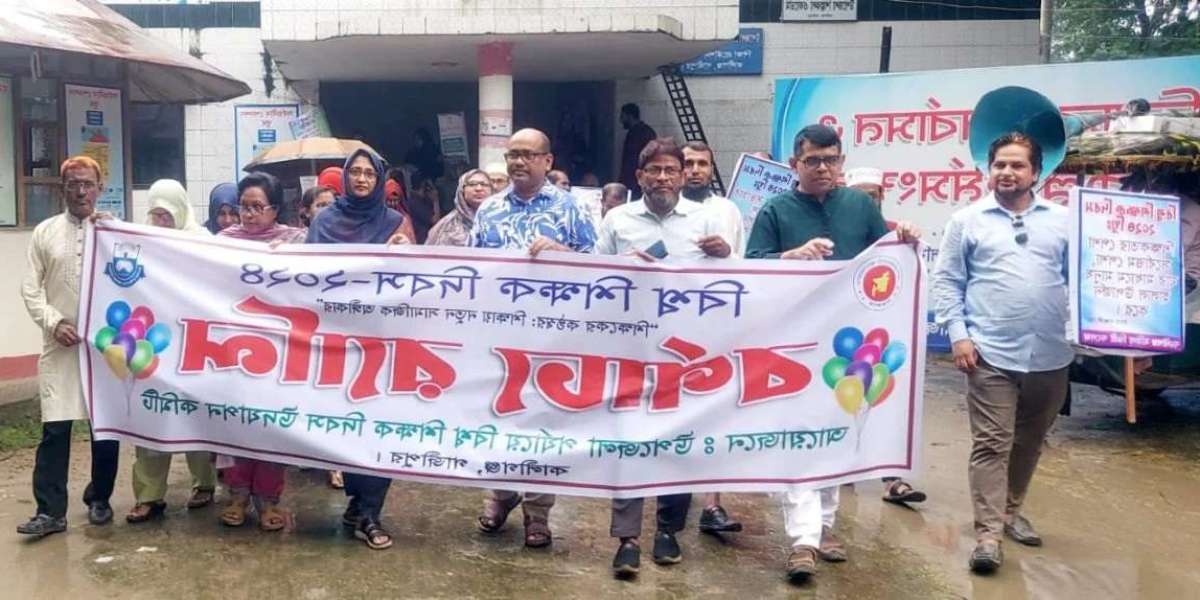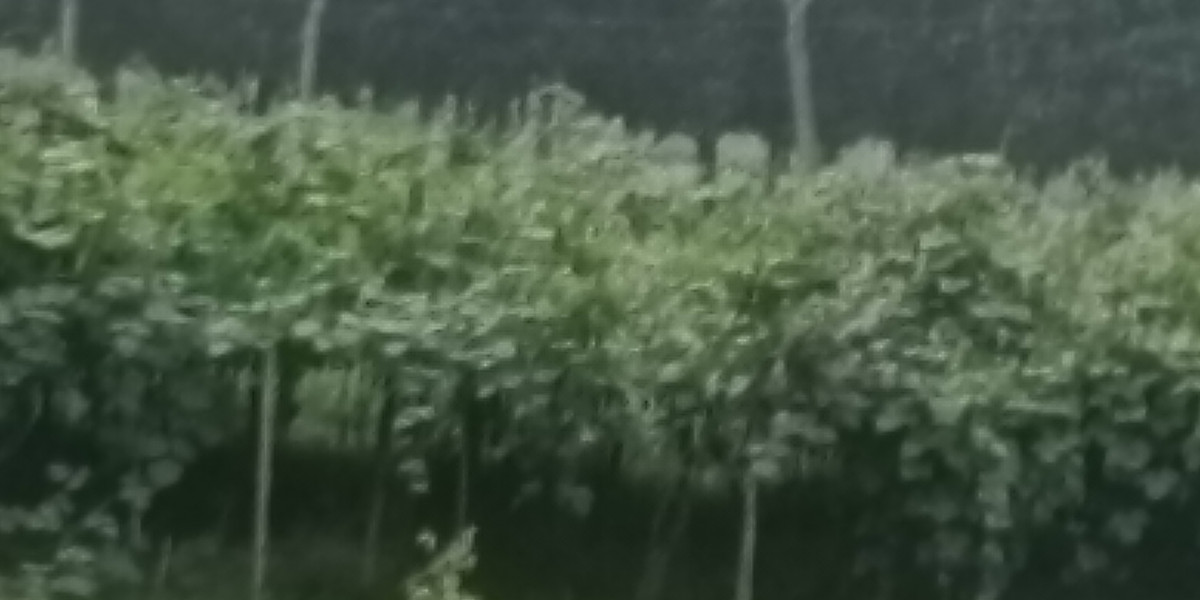To increase the production of Hilsa, a 22-day (spawning) ban on fishing has started in the 7,000 square kilometer refuge area of Tentulia and Sagar Mohana in Charfashan. Fishermen returned home with disappointment as they did not get hilsa as expected even at the end of the season.
Advertisement
On the other hand, Indian fishermen are benefiting from the blockade. Fishermen say they don't fish during the ban despite the scarcity. But the Indian fishermen then entered the border of Bangladesh and took the fish. So they demanded ban on Bay of Bengal at the same time as India.
To increase the production of hilsa, the government prohibits fishing at different times of the year to ensure safe breeding. Every year from May 19 midnight to July 23, all types of fishing are prohibited in the sea for these 65 days.
Besides, fishing is prohibited in April and May in total five hilsa sanctuaries, two in Bhola and one each in Chandpur, Barisal and Shariatpur. And in Patuakhali sanctuary, hilsa collection is prohibited from November to January.
Besides, there is a ban on catching jatka for eight months from November to June every year. And this restriction applies to Indian waters once every year from April 15 to June 14 (61 days).
Fishermen complain that while the ban in Bangladesh is in force, Indian fishermen are entering the waters of Bangladesh and taking fish. Millions of fishermen of the country are affected and fish production is also disrupted.
A fisherman who did not wish to be named said, 'We refrain from fishing by tying stones to our stomachs. And the fishermen of our neighboring countries enter our borders and take fish. It does not benefit the fishermen, nor increases the production of fish. We are ready to suffer, if it is good for the country. But there is no gain without loss. It would be better to have the same fishing closure period in both countries.
Jail Md. Sahabuddin said, 'They will observe this ban to the letter to protect mother hilsa. The boat nets are all put up. They are not going fishing for these 22 days. However, the government demands that rice and pulses be given to them. '
Jail Md. Zainal Majhi and Alauddin Majhi said that they got good fish in the river before the siege. Therefore, like every year, this year also we will follow the 22-day ban on fishing in rivers and seas. In this time of prohibition, it is a little difficult to run a family with children, but the mother does not go fishing in the river to protect the hilsa.
It can be seen around Samraj Ghat, fishermen are taking boats and trawlers out of the river due to the government ban and keeping the trawlers engine open. Others are fixing nets and filling sacks.
Ghat's Abdul Khalil Mahajan said that all the fishermen of Samraj Ghat obey the government's ban on releasing hilsa eggs. Fishermen do not go to the river during the blockade. At the end of the siege, Punarai will return to the river again.
It is to be noted that for 22 days from October 12 to November 2, the Department of Fisheries has stopped all activities including fishing, transportation and conservation for the protection of mother hilsa.



















































